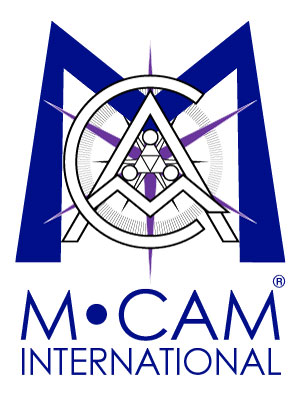Protection of patents vital for new economy
Date: Sat, 2001-04-14
By: Zeng Min China Daily, Page 2 April 14-15, 2001 Trapped by a lax attitude towards patent protection, Chinese companies and institutions are being urged to strengthen patent applications and protection overseas so that they can compete more effectively on the global stage. Experts on intellectual property rights yesterday said doing nothing to solve the problem will limit the expansion of the vitally important knowledge-based economy. They said it is time for more awareness of patenting as China is expected to enter the World Trade Organization (WTO) later this year, which will commit it to global rules, including the protection of intellectual property rights. “That will put Chinese firms in the hot seat,” said Wen Xikai, a senior research fellow a the State Intellectual Property Office. Wen said Chinese firms must develop cutting-edge technologies and patent them at home and abroad without delay. “Otherwise, they will have to use outdated technologies developed by foreign firms to avoid violating global laws on the intellectual property rights after we join the WTO,” said Wen. “Picking up the leftovers will put them at a disadvantage in the global market.” In the last decade, Chinese enterprises have applied for more than 4,000 patents in 32 countries and regions worldwide, and 2,400 of them have been granted, official statistics said. However, China currently owns less than 5 per cent of global patents, said David Martin, president and chief executive officer of the US-based M·CAM Co, which specializes in patent protection. “This figure is too small for a country like China, which has thousands of years of history and has long been a major force of innovation,” said Martin. A lack of awareness about patenting new inventions abroad is mainly to blame, said Guo Shoukang, a professor of intellectual property rights protection at the Law School of the Renmin University of China. Although China received more than 170,000 patent applications last year, Wen said about 60 per cent were from foreign companies. Meanwhile, many Chinese firms who apply for patents in foreign countries are related to updated designs of original products rather than completely new breakthroughs, said Wen. However, some of China’s large industrial groups, including the China Petrochemical Corporation (SINOPEC), an oil giant that ranked 58th on the Fortune Global 500 list in 1999, and the Haier Group, a home appliances giant, have upped the stakes. At present, SINOPEC has filed nearly 500 patent applications in 32 foreign countries and owns more than 2,900 domestic and foreign patents.


Sorry, the comment form is closed at this time.